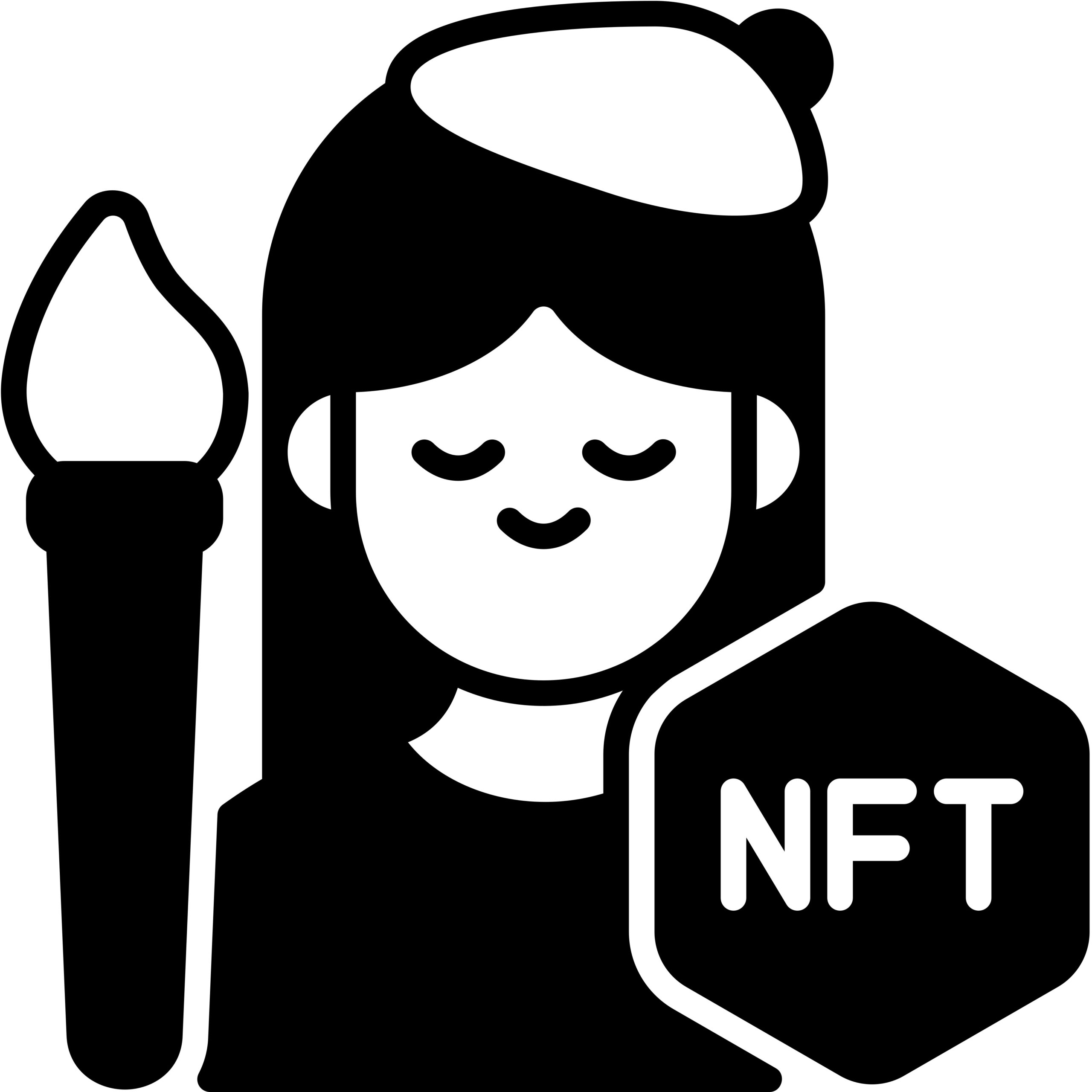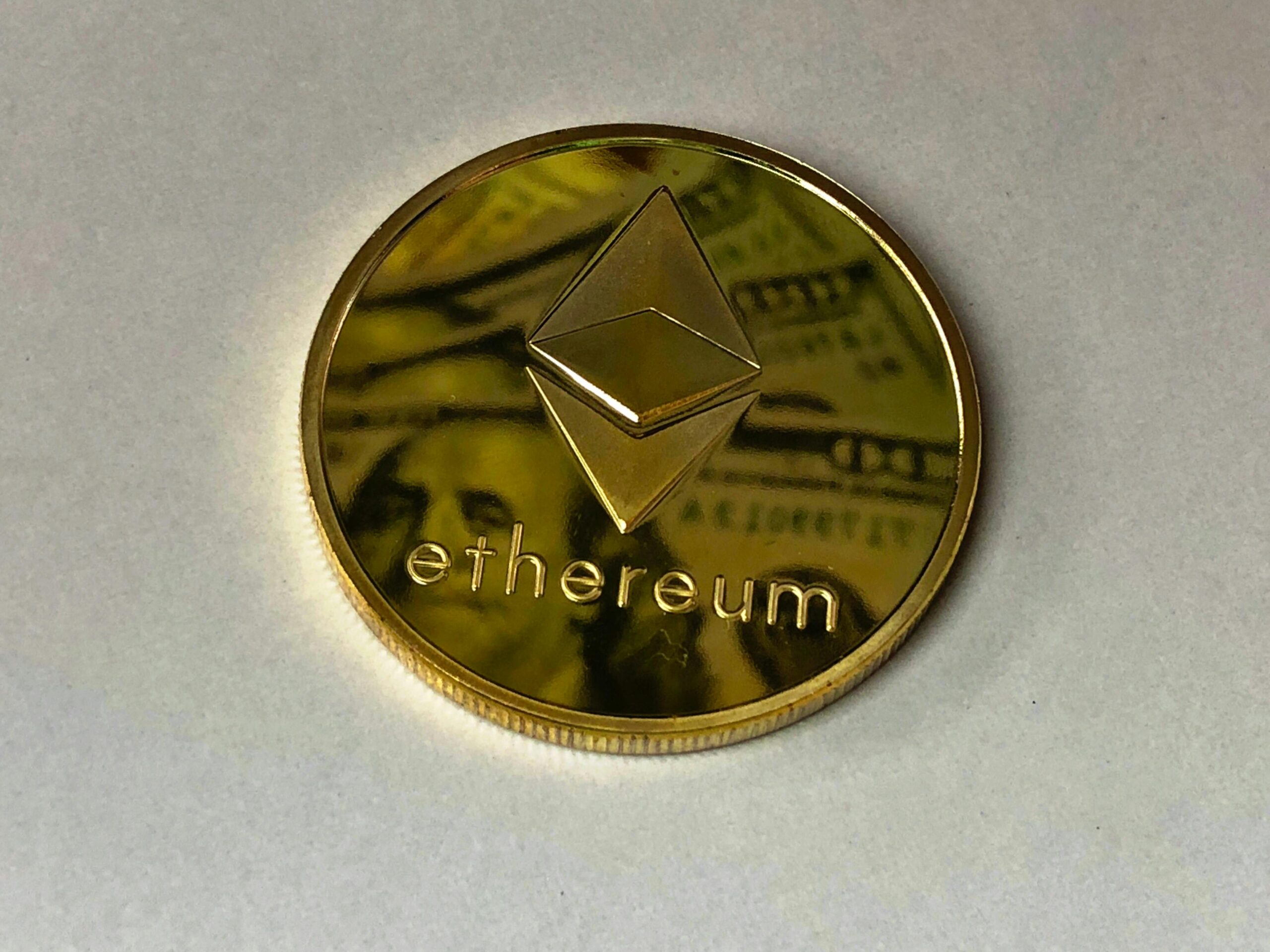What is Solidity?
Solidity is a statically-typed, high-level programming language designed specifically for writing smart contracts on the Ethereum blockchain. Created by the Ethereum team, it’s influenced by C++, Python, and JavaScript, making it relatively familiar to developers from these backgrounds.
Why Learn Solidity?
- It’s the primary language for Ethereum smart contract development
- Powers most DeFi (Decentralized Finance) applications
- Essential for NFT creation and marketplace development
- High demand in the blockchain job market
- Growing ecosystem with extensive tools and libraries
Key Features of Solidity
1. Contract-Oriented
solidityCopy// Basic contract structure
contract MyFirstContract {
// Contract code goes here
}
2. State Variables
solidityCopycontract StateVariablesExample {
// State variables are stored on the blockchain
string public message; // Public variable
uint private count; // Private variable
address owner; // Address type for Ethereum addresses
// Constants for gas optimization
uint constant MAX_TOKENS = 1000;
}
3. Functions
solidityCopycontract FunctionExample {
uint public value;
// Basic function
function setValue(uint _newValue) public {
value = _newValue;
}
// View function (doesn't modify state)
function getValue() public view returns (uint) {
return value;
}
// Pure function (doesn't access state)
function add(uint a, uint b) public pure returns (uint) {
return a + b;
}
}
4. Data Types
solidityCopycontract DataTypes {
// Value Types
bool isActive = true;
int number = -10;
uint positiveNumber = 10;
address wallet = 0x123...;
bytes32 hash;
// Reference Types
string text = "Hello Solidity";
uint[] numbers;
mapping(address => uint) balances;
struct User {
string name;
uint age;
}
}
Important Concepts for Beginners
1. Gas and Optimization
Every operation in Solidity costs “gas” – a fee paid to execute code on the Ethereum network. Understanding gas optimization is crucial:
solidityCopycontract GasExample {
// More gas efficient
uint8 small_number; // Uses less storage
// Less gas efficient
string long_text; // Dynamic size costs more
// Gas-efficient pattern for loops
function efficientLoop() public {
uint length = 10;
for (uint i; i < length; ++i) {
// Using ++i instead of i++ saves gas
}
}
}
2. Smart Contract Security
solidityCopycontract SecureContract {
address public owner;
// Constructor sets the contract owner
constructor() {
owner = msg.sender;
}
// Basic security modifier
modifier onlyOwner() {
require(msg.sender == owner, "Not authorized");
_;
}
// Function with security check
function sensitiveOperation() public onlyOwner {
// Only owner can execute this
}
}
3. Events
Events allow logging to the Ethereum blockchain, useful for frontend applications and contract monitoring:
solidityCopycontract EventExample {
// Define an event
event ValueChanged(address indexed sender, uint newValue);
uint public value;
function setValue(uint _value) public {
value = _value;
// Emit the event
emit ValueChanged(msg.sender, _value);
}
}
Getting Started with Solidity
Development Environment
- Remix IDE: Browser-based development environment
- Perfect for beginners
- No installation required
- Instant compilation and deployment
- Local Development:
- Hardhat or Truffle framework
- VS Code with Solidity extension
- Node.js and npm
First Steps
- Write a basic smart contract
- Compile and test in Remix
- Understand deployment process
- Learn to interact with the contract
Best Practices for Beginners
- Start Simple
- Begin with basic contracts
- Understand core concepts thoroughly
- Gradually increase complexity
- Security First
- Always validate inputs
- Use require() for conditions
- Follow established patterns
- Testing
- Test thoroughly before deployment
- Use test networks first
- Understand gas costs
Resources for Learning
- Official Solidity Documentation
- CryptoZombies.io interactive learning
- OpenZeppelin contracts (for examples)
- Ethereum Stack Exchange
- GitHub repositories of popular projects
Next Steps
After understanding these basics, you can move on to:
- Creating ERC20 tokens
- Building NFT contracts
- Developing DeFi applications
- Smart contract security patterns
Practice Projects
Start with these simple projects:
- Basic token contract
- Simple voting system
- Time-locked wallet
- Basic crowdfunding contract
Remember: Smart contract development requires careful attention to security and best practices, as deployed contracts are immutable on the blockchain.



